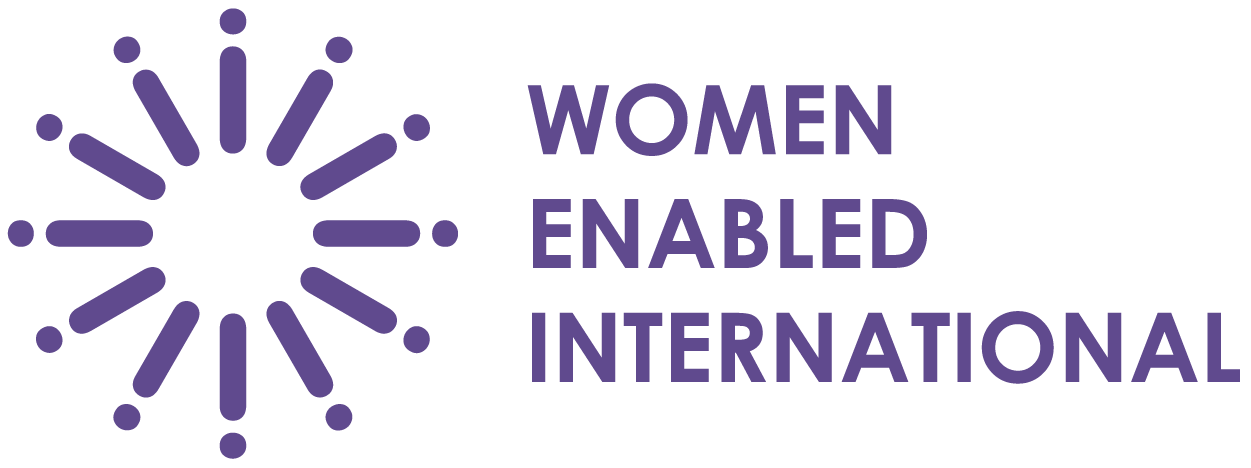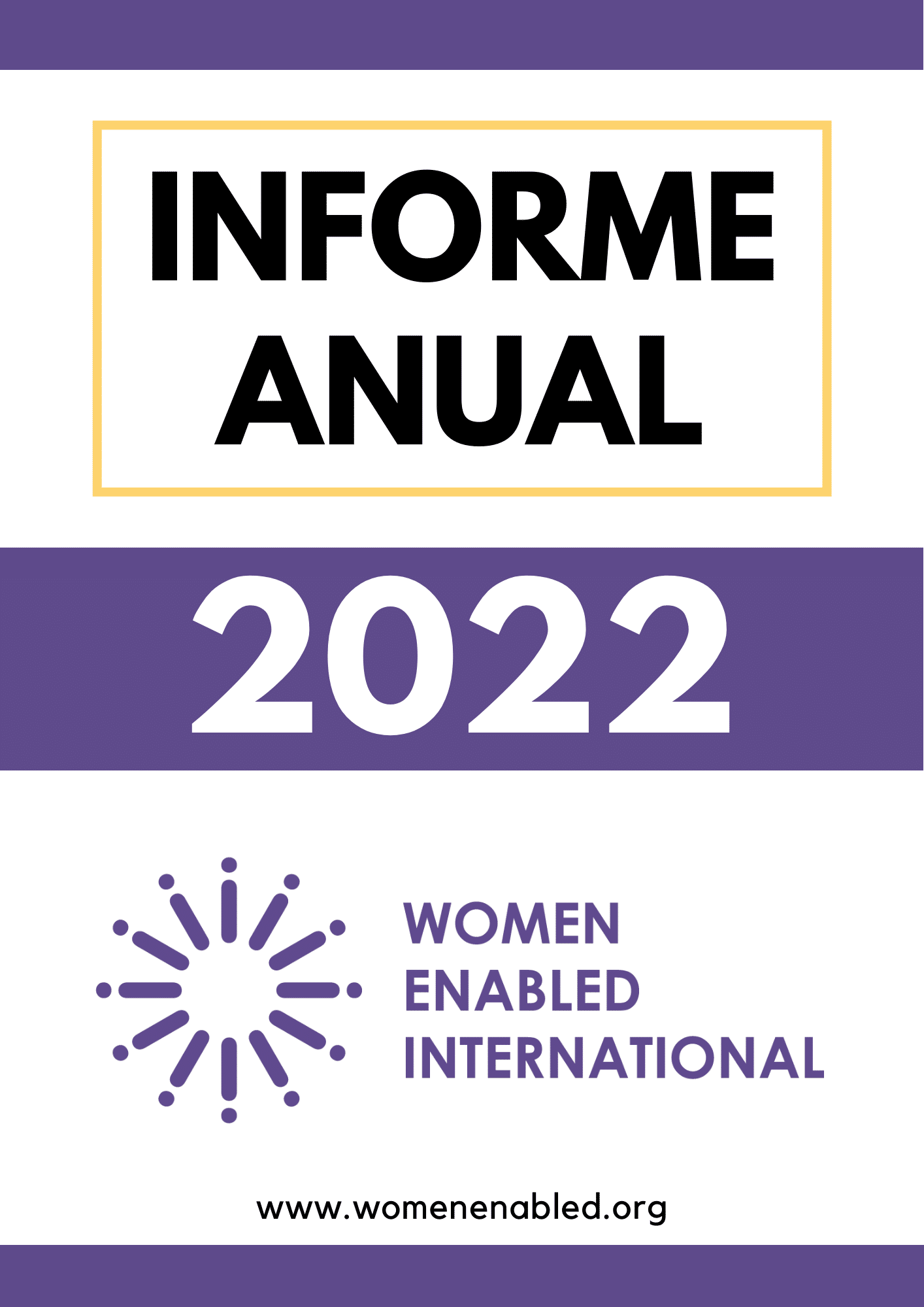Women Enabled International (WEI), the Disability Rights Education and Defense Fund (DREDF), Legal Voice, and Covington & Burling LLP filed an amicus brief on behalf of thirteen disability rights organizations and scholars in the United States Supreme Court, advocating for the Court to uphold the federal protections of the Emergency Medical Treatment and Labor Act (EMTALA) and allow doctors to provide necessary abortions in the case of medical emergencies, which Idaho’s abortion ban currently criminalizes. The brief highlights that people with disabilities will suffer disproportionate harm if Idaho is permitted to criminalize health-preserving and life-saving abortion care.
About the case
Idaho legislators passed an abortion ban in 2020, prior to the end of the federal right to an abortion under Dobbs v Jackson Women’s Health. After Dobbs, Idaho’s law took effect and the most current version of the law (amended in 2023) criminalizes nearly all forms of abortion, except those that are “necessary to prevent the death of the pregnant woman,” termination of an ectopic pregnancy, or abortions that resulted from rape or incest in extremely limited circumstances.
This Idaho law directly conflicts with the well-established federal law, EMTALA, which requires hospitals to treat patients experiencing an emergency medical condition with stabilizing care. EMTALA applies not only when a patient has a life-threatening condition but also when a patient has a condition that places their health “in serious jeopardy” that threatens “serious impairment to bodily functions” or “serious dysfunction of any bodily organ or part.” Pregnant disabled people can experience a range of conditions that threaten their lives or health; in such circumstances, EMTALA may require hospitals to provide abortion care as necessary stabilizing treatment.
The conflict between Idaho’s abortion ban and EMTALA’s requirement for stabilizing medical care put healthcare providers in an impossible position. If they provide health stabilizing care, they could face criminal prosecution under Idaho’s ban, but if they withhold care, they leave patients in crisis and violate EMTALA. Because of this conflict, the United States Department of Justice (DOJ) filed a lawsuit in a federal district court challenging the Idaho abortion ban to the extent that it conflicts with federal law.
On January 5, 2024, the United States Supreme Court announced that it would hear the case. The Supreme Court will determine whether the federal law of EMTALA preempts the Idaho abortion ban, in which case the federal law would take precedence over the narrow exceptions of Idaho’s abortion ban. If the Supreme Court does not hold that EMTALA protects health-preserving abortion care in medical emergencies, emergency medical care will be denied to those who most need it and are least likely to be able to access it.
About the amicus curiae brief
An amicus curiae (“friend of the court,” in Latin) is a person or organization with a strong interest in the issues brought up in a case to which they are not a party. The amicus curiae may submit a written brief stating its interpretation of the law or arguments relating to the facts under consideration by the Court.
WEI, DREDF, Legal Voice, and Covington & Burling LLP have filed an amicus brief with thirteen other disability rights organizations and scholars including:
- The American Association of People with Disabilities
- The Autistic Self Advocacy Network
- Autistic Women & Nonbinary Network
- Civil Rights Education and Enforcement Center
- Disability Rights Advocates
- Disability Rights California
- Disability Rights Washington
- Katherine Pérez, Director of the Coelho Center for Disability Law, Policy, and Innovation, and Visiting Professor of Law at Loyola Law School*
- The National Council on Independent Living
- National Health Law Program
- Professor Robyn M. Powell, Associate Professor of Law at the University of Oklahoma College of Law*
- Ruth Colker, Distinguished University Professor and Heck Faust Memorial Chair in Constitutional Law at Moritz College of Law, Ohio State University
- Tony Coelho, former U.S. Congressman, Founder of the Coelho Center for Disability Law, Policy, and Innovation
* Participating in their individual capacity, not as representatives of their institutions. Institutions are listed for affiliation purposes only.
The amicus brief highlights the barriers to accessing medical care and the increased likelihood of medical complications for people with disabilities, both of which make it more likely that disabled people will need the emergency abortion care that EMTALA protects, but that is criminalized under Idaho’s abortion ban. It argues that upholding the Idaho ban’s narrow exceptions for only life-saving care will prevent Congress’s core purpose in enacting EMTALA: to ensure that hospitals provide emergency medical care to those who most need it and are least likely to be able to access it.
WEI, DREDF, and Allen & Overy’s amicus brief argues the following key points:
- Congress enacted EMTALA to ensure that at-risk people—including people with disabilities—receive stabilizing medical treatment in emergency situations. It is clear from the legislative history of EMTALA and other health care legislation that Congress intends for disabled people to have full access to all health care services without discrimination.
- Disabled people are particularly likely to need the stabilizing abortion care guaranteed under EMTALA. People with disabilities are more likely to have serious pregnancy-related health complications and less likely to have access to regular prenatal and primary care. This makes it more likely that disabled people will need health-preserving, stabilizing care in hospital emergency rooms.
- Without EMTALA’s protections, state abortion bans will undermine the medical system in important ways, causing additional harm to people with disabilities. Idaho’s ban has driven qualified health care providers from the state with the fear of prosecution, leading to a significant gap in obstetric care. Disabled people without financial resources face logistical barriers—including transportation barriers—to access essential medical care.
The amicus brief can be viewed here.






